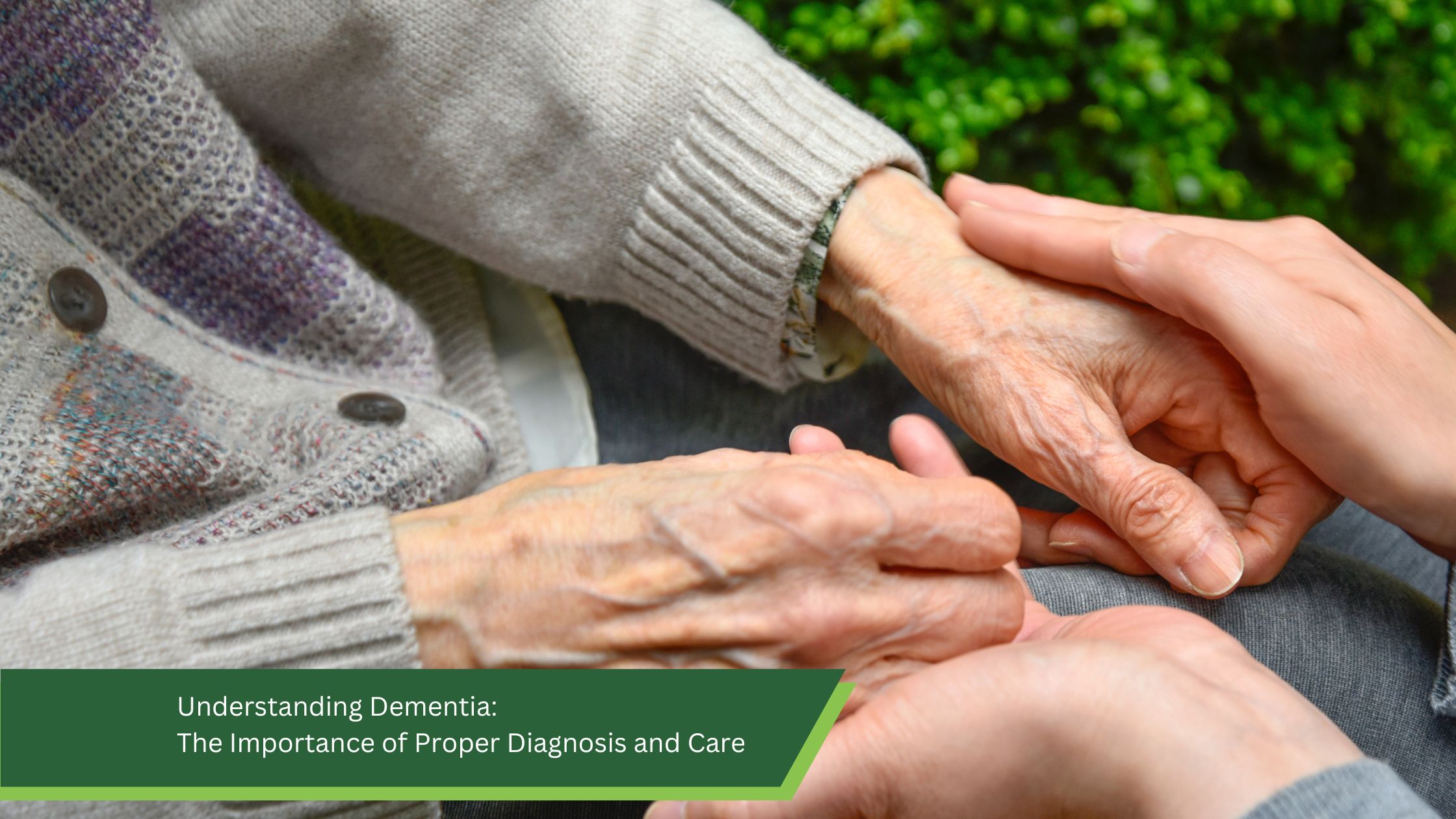Dementia is a broad term used to describe a decline in cognitive function, but it is not a disease itself—rather, it is a symptom of an underlying condition. With the many different types of dementia, a generalized diagnosis is not enough. Identifying the specific type of dementia is crucial for developing an effective treatment and care plan.
Why a Specific Dementia Diagnosis Matters
Dementia presents differently depending on the underlying condition. For example:
- Alzheimer’s disease often begins with memory loss and progresses to affect reasoning, language, and behavior.
- Vascular dementia is linked to reduced blood flow to the brain, often following strokes or cardiovascular issues.
- Lewy body dementia is associated with hallucinations, movement difficulties, and fluctuating cognition.
- Frontotemporal dementia may primarily impact personality and behavior rather than memory.
- Dementia in Parkinson’s disease manifests differently, often affecting movement, attention, and problem-solving before significant memory impairment occurs.
Proper testing is essential to distinguish between these types and develop a targeted care approach.
Could It Be Hearing Loss Instead of Dementia?
It’s also important to rule out hearing loss before confirming a dementia diagnosis. Hearing impairment can sometimes mimic symptoms of dementia, as individuals may struggle to recall information they never actually heard. Misdiagnosing hearing loss as dementia can lead to unnecessary stress and improper treatment.
Comprehensive Testing for an Accurate Diagnosis
To ensure a correct diagnosis, a full evaluation should assess all areas of cognitive function, including:
- Memory and recall
- Problem-solving and reasoning
- Language and communication
- Attention and concentration
- Visual-spatial abilities
A precise diagnosis allows healthcare professionals to implement a multidisciplinary approach to dementia care, which may include medical treatment, cognitive therapies, and in-home support.
How Home Care Supports Individuals with Dementia
A dementia diagnosis doesn’t mean the loss of independence. Home care services provide wrap-around support that helps individuals safely age in place while maintaining dignity and quality of life. Home caregivers can assist with:
- Daily personal care and hygiene
- Medication reminders
- Meal preparation and nutrition management
- Mobility assistance
- Companionship and engagement activities
- Safety monitoring to prevent falls and wandering
At Perfect Solutions for Seniors, we specialize in providing compassionate and professional dementia care tailored to the unique needs of each individual. Our caregivers are trained to support seniors with cognitive impairments, ensuring they remain safe and comfortable in their own homes. We proudly serve Sarasota, Manatee, Charlotte, Collier, and Lee counties in Florida.
Contact us today to learn more about how we can help your loved one live well with dementia.





